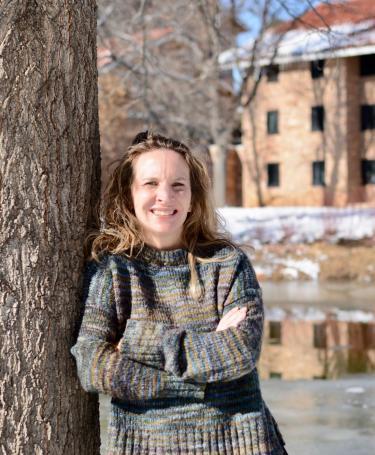SOCY 3016: Marriage and the Family in the United States
This course provides a comparative and historical examination of marriage and the family within the U.S. and emphasizes changing family roles and structures. It also explores alternatives to the nuclear family and traditional marriage, looking at new definitions of family.
The course is designed to examine marriage and the family in the U.S. from a sociological perspective. It looks at how marriage and family are fluid constructs, transforming and evolving over time. As the majority of families currently do not fit the “nuclear” model, special emphasis will be placed on the various realities of people’s lives and how they differ from cultural ideals.
Learning Objectives
- Define and explain key sociological definitions, concepts and theories relevant to courtship, marriage, and the family;
- Examine social problems and controversies related to marriage and the family in U.S. culture;
- Apply sociological analysis to contemporary problems facing marriage and the family, including divorce, poverty, and violence;
- Apply sociological analysis to contemporary controversies related to marriage and the family, including child-rearing and non-monogamous relationships;
- Evaluate and analyze how courtship, marriage and the family have changed over time.
In this course, you will
Learn about the meanings behind the traditions in a Judeo-Christian wedding ceremony;
Contemplate the ways in which courtship, marriage, and the family has changed over time;
Discuss the social problems facing the contemporary family and consider possible solutions;
Meet with your instructor at least once via Zoom for class support (multiple time options available).

Alison Hatch
Dr. Alison Hatch received her bachelor's degree in Sociology and Women's Studies and her PhD in Sociology at the University of Colorado Boulder. After completing her PhD in 2009, she lived in Savannah, Georgia for eight years where she served as Associate Professor of Sociology for Georgia Southern University. She currently is a Teaching Associate Professor for CU’s Arts and Sciences Honors Program. Dr. Hatch's primary research and teaching interests include gender violence, marriage & family, and the sociology of sexuality. When not in the classroom enjoying lively discussions about sociology, you can find her hanging out with her family and appreciating all that Colorado has to offer.

